New UNESCO Aotearoa Youth Leaders announced for 2022
The New Zealand National Commission for UNESCO has appointed new members to its UNESCO Aotearoa Youth Leaders group. They are, Lotima Vaioleti, Adriana Bird, Katja Phutaraksa Neef, Kauri Tearaura and Aimee Clark.
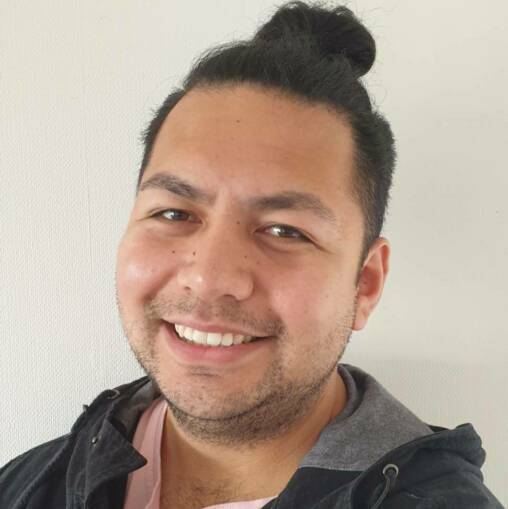
Lotima Vaioleti
Lotima graduated from the University of Waikato with a Bachelor in BMS, and a Diploma in Te Tohu Paetahi (Māori immersion course) in 2020, and currently works at BayTrust as a Community Investment and Iwi Relations Coordinator.
“As someone who is Māori & Tongan, I am able to walk within different realms, for example, Te Ao Māori and Te Ao Pākehā. Both this role and my identity give me an insider perspective to the communities that we work within,” says Lotima.
Lotima is passionate about progressing positive youth outcomes, particularly concerning Māori, Pasifika, and Indigenous affairs. He views his Youth Leader role as an opportunity to voice ideas, innovations, and the concerns of Indigenous peoples, with specific attention to Māori & Pacific communities. He is looking forward to the contributing to the work the National Commission will be undertaking as part of the Decade of Indigenous Languages (2022-2031).
“As an Indigenous person, I feel obligated to do my part and being part of the UNESCO Aotearoa Youth Leaders, I believe, is a great opportunity to express such obligations,” says Lotima.
“As someone who is Māori & Tongan, I am able to walk within different realms, for example, Te Ao Māori and Te Ao Pākehā. Both this role and my identity give me an insider perspective to the communities that we work within,” says Lotima.
Lotima is passionate about progressing positive youth outcomes, particularly concerning Māori, Pasifika, and Indigenous affairs. He views his Youth Leader role as an opportunity to voice ideas, innovations, and the concerns of Indigenous peoples, with specific attention to Māori & Pacific communities. He is looking forward to the contributing to the work the National Commission will be undertaking as part of the Decade of Indigenous Languages (2022-2031).
“As an Indigenous person, I feel obligated to do my part and being part of the UNESCO Aotearoa Youth Leaders, I believe, is a great opportunity to express such obligations,” says Lotima.
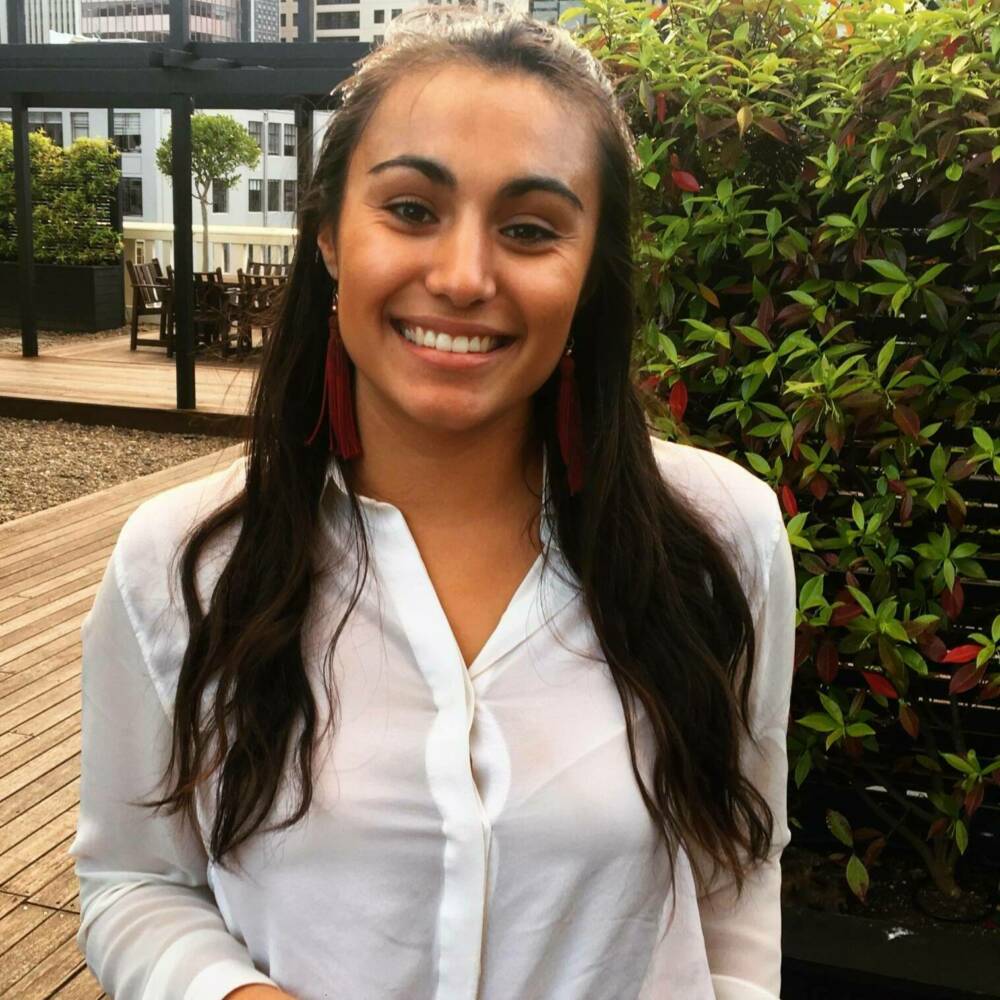
Adriana Bird
Adriana works as an analyst at the Ministry for the Environment within the Māori Policy and Partnering team.
She descends from the tribes of Ngāti Awa, Te Arawa, Tainui, and Ngāti Ranginui; the Clan Taylor of Scotland; and the North-Western shores of India. Born and raised on the shores of Papamoa, Tauranga, her identity is firmly rooted in her connection to her moana.
As part of an indigenous family of lifeguards, Adriana’s love for the ocean comes both in the form of spiritual connection and a sense of community. She is a member of Project Blue NZ, a group of around 25 youth with a shared love for the ocean.
Her role at MfE has heightened her realisation as to how vital te ao Māori is for the future of our taiao and its people.
“I feel that I have a unique perspective to offer [as a youth leader] that is rooted within my experience as an indigenous youth of Aotearoa. I look forward to utilising this opportunity to uplift the voices of rangatahi and empower others to create change,” says Adriana.
She descends from the tribes of Ngāti Awa, Te Arawa, Tainui, and Ngāti Ranginui; the Clan Taylor of Scotland; and the North-Western shores of India. Born and raised on the shores of Papamoa, Tauranga, her identity is firmly rooted in her connection to her moana.
As part of an indigenous family of lifeguards, Adriana’s love for the ocean comes both in the form of spiritual connection and a sense of community. She is a member of Project Blue NZ, a group of around 25 youth with a shared love for the ocean.
Her role at MfE has heightened her realisation as to how vital te ao Māori is for the future of our taiao and its people.
“I feel that I have a unique perspective to offer [as a youth leader] that is rooted within my experience as an indigenous youth of Aotearoa. I look forward to utilising this opportunity to uplift the voices of rangatahi and empower others to create change,” says Adriana.
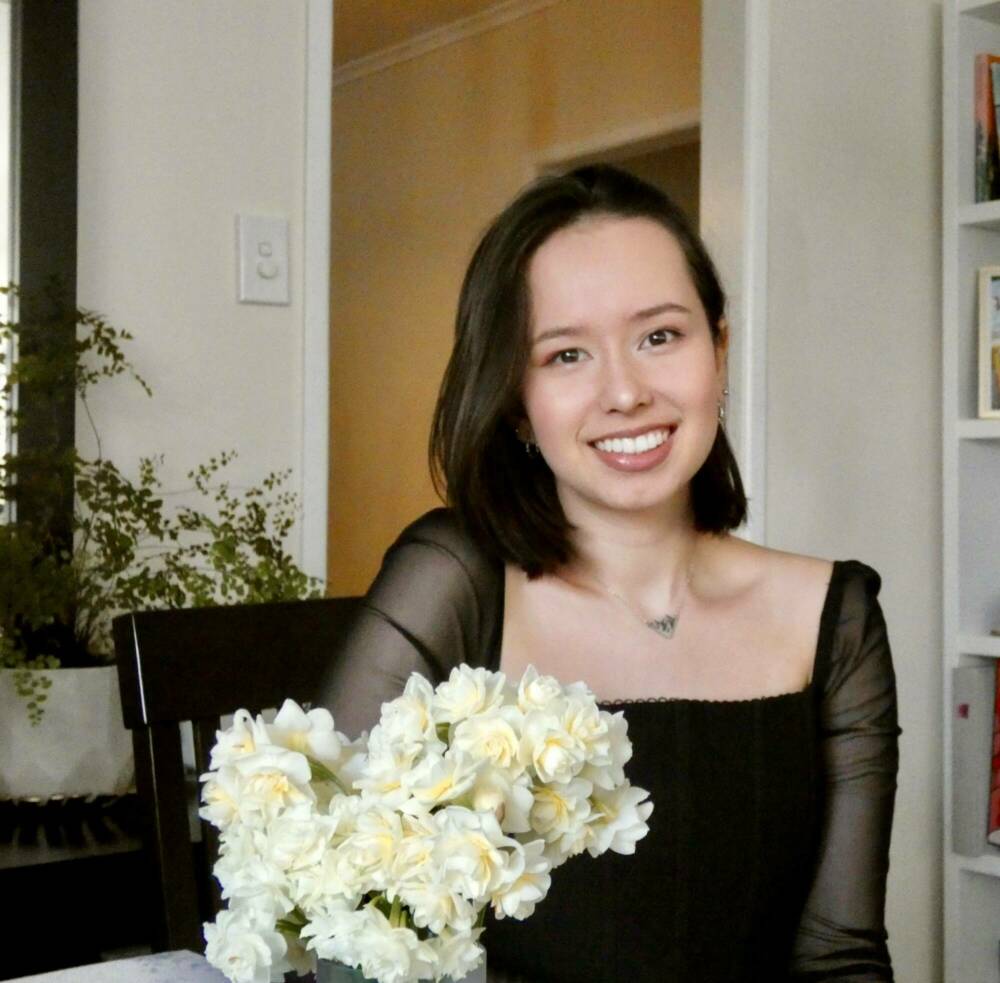
Katja Phutaraksa Neef
Katja has recently completed her Bachelor’s in Global Studies majoring in Sustainable Development and the Global Environment and will soon begin her BA Honours in Geography supported by the Kupe Leadership Scholarship she has been awarded.
Katja is half German and half Thai and has lived in both Thailand and Japan before moving to Aotearoa.
“I am passionate about issues concerning institutionalised racism, criticisms of ethnography and misrepresentations, environmental issues, structural violence, post-disaster recovery, migration, climate change, land exploitation and dispossession, conflicts and social justice, intersectional feminism, refugees, indigenous and marginalized communities,” says Katja.
Katja is co-convenor of the Generation Zero Group at the University of Auckland.
“I want to work towards an inclusive society by promoting and advocating for climate justice by amplifying Indigenous Pacific voices and acknowledging Indigenous knowledge systems. I want to be able to assist in creating lasting and transformational change by campaigning for laws and policies that are informed by Indigenous values,” says Katja.
Katja is half German and half Thai and has lived in both Thailand and Japan before moving to Aotearoa.
“I am passionate about issues concerning institutionalised racism, criticisms of ethnography and misrepresentations, environmental issues, structural violence, post-disaster recovery, migration, climate change, land exploitation and dispossession, conflicts and social justice, intersectional feminism, refugees, indigenous and marginalized communities,” says Katja.
Katja is co-convenor of the Generation Zero Group at the University of Auckland.
“I want to work towards an inclusive society by promoting and advocating for climate justice by amplifying Indigenous Pacific voices and acknowledging Indigenous knowledge systems. I want to be able to assist in creating lasting and transformational change by campaigning for laws and policies that are informed by Indigenous values,” says Katja.
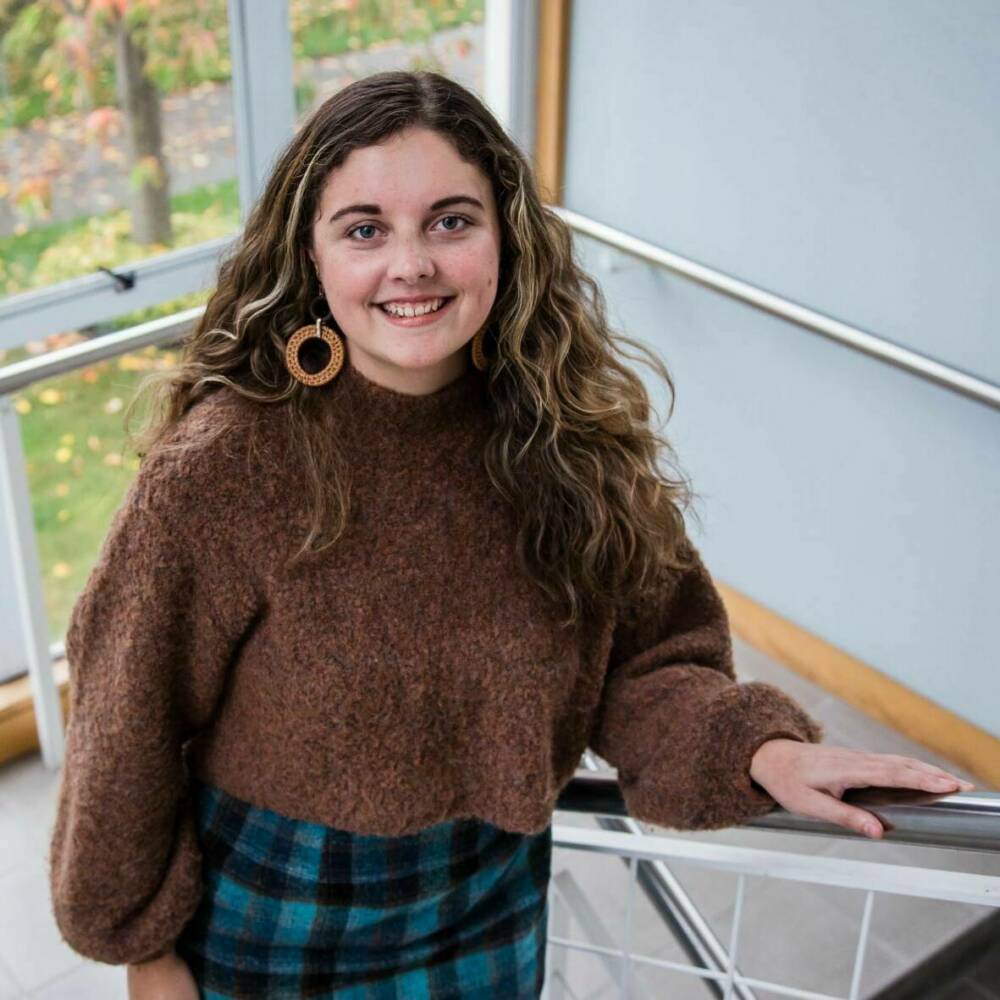
Aimee Clark
Aimee has a BSc in Marine Biology and Environmental Studies from Victoria University and an almost completed MAppSc in Science Communication and Natural History Filmmaking from Otago University.
“I have been passionate about preserving biodiversity, ocean conservation and tackling environmental issues for my entire life, first discovering my love for marine science at nine years old,” says Aimee.
In 2017 Aimee represented New Zealand at the UN Ocean Conference in New York with the Aotearoa Youth Leadership Institute and attended the Our Ocean Youth Leadership Summit in Oslo in 2019.
These inspired her to start her own educational initiative ‘The Yellow Submarine Project’ - a program to help immerse young people in the ocean world to help them build an emotional connection and a deeper understanding of the ocean environment and hopefully become kaitiaki for the oceans.
“I see being a UNESCO Aotearoa Youth Leader as an amazing opportunity to better my community while being an ambassador for the work that UNESCO does. I am inspired by the Organisation’s commitment to promoting peace, sustainability, inclusivity, social and environmental justice and in celebrating the beauty of culture, of people and of our environment throughout history,” says Aimee.
“I have been passionate about preserving biodiversity, ocean conservation and tackling environmental issues for my entire life, first discovering my love for marine science at nine years old,” says Aimee.
In 2017 Aimee represented New Zealand at the UN Ocean Conference in New York with the Aotearoa Youth Leadership Institute and attended the Our Ocean Youth Leadership Summit in Oslo in 2019.
These inspired her to start her own educational initiative ‘The Yellow Submarine Project’ - a program to help immerse young people in the ocean world to help them build an emotional connection and a deeper understanding of the ocean environment and hopefully become kaitiaki for the oceans.
“I see being a UNESCO Aotearoa Youth Leader as an amazing opportunity to better my community while being an ambassador for the work that UNESCO does. I am inspired by the Organisation’s commitment to promoting peace, sustainability, inclusivity, social and environmental justice and in celebrating the beauty of culture, of people and of our environment throughout history,” says Aimee.
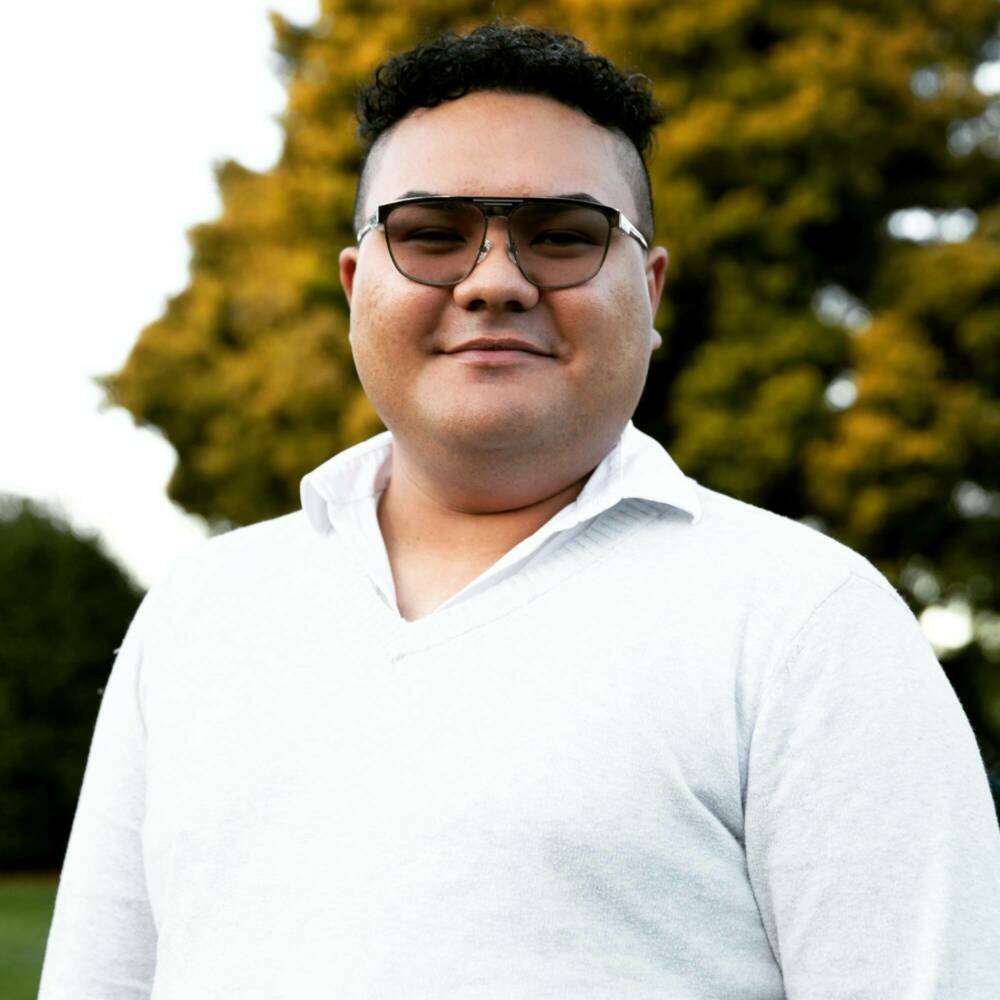
Kauri Tearaura
Kauri is of Polynesian descent from four islands in Te Moana-nui-ā-Kiwa: Te Ika-ā-Māui, Tongareva, Avarau, and Tahiti. He sits at the intersection of diverse identities as a young, brown, indigenous, Māori, Pasifika and Queer person.
He is the Pathways Coordinator at Rototuna High Schools, supporting other young people in their transition from secondary education to the next step in their lives. This role alongside others at Waikato Wellbeing Project, Youth Employability Aotearoa, and Wise Group, continues to show the importance of amplifying the voices of young people that would otherwise not be heard.
“Young people who are NEET (not in education, employment, or training) are considered most vulnerable, and naturally they are the hardest to reach. Regardless, across my professional experience, I have worked tirelessly to ensure that their voices are heard,” says Kauri.
Kauri has held several positions at UN Youth New Zealand including managing Aotearoa Youth Declaration’s equity portfolio. He also sits on a number of boards and committees including the Young Workers Resource Centre, Rainbow Youth and Seed Waikato.
“I see the Youth Leaders as a vehicle which mobilises rangatahi across Aotearoa to effect systems change. To bring us to a future where all young people are seen, heard, and valued for their insights and lived experience,” says Kauri.
He is the Pathways Coordinator at Rototuna High Schools, supporting other young people in their transition from secondary education to the next step in their lives. This role alongside others at Waikato Wellbeing Project, Youth Employability Aotearoa, and Wise Group, continues to show the importance of amplifying the voices of young people that would otherwise not be heard.
“Young people who are NEET (not in education, employment, or training) are considered most vulnerable, and naturally they are the hardest to reach. Regardless, across my professional experience, I have worked tirelessly to ensure that their voices are heard,” says Kauri.
Kauri has held several positions at UN Youth New Zealand including managing Aotearoa Youth Declaration’s equity portfolio. He also sits on a number of boards and committees including the Young Workers Resource Centre, Rainbow Youth and Seed Waikato.
“I see the Youth Leaders as a vehicle which mobilises rangatahi across Aotearoa to effect systems change. To bring us to a future where all young people are seen, heard, and valued for their insights and lived experience,” says Kauri.
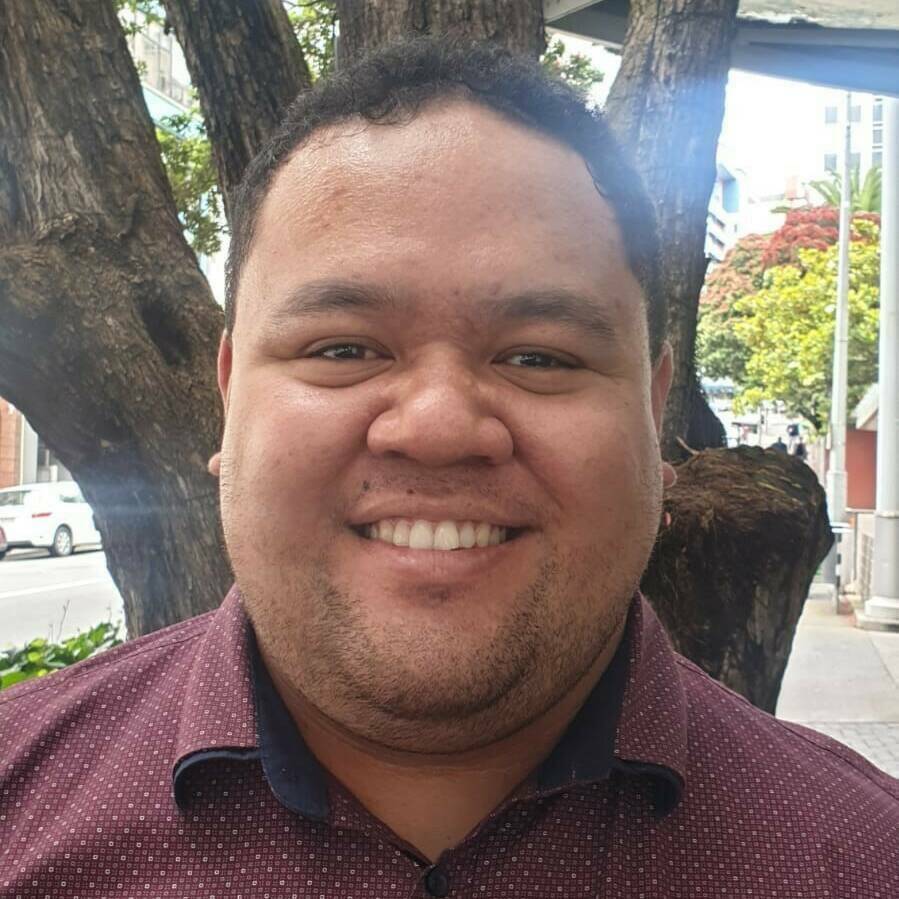
Chair
The group also has a new chair with vice-chair Ethan Jerome-Leota taking over from Shahin Najak. As Special Advisor – Youth he will attend all National Commission meetings and provide advice to the National Commission on how to engage young people in UNESCO’s work programmes.
